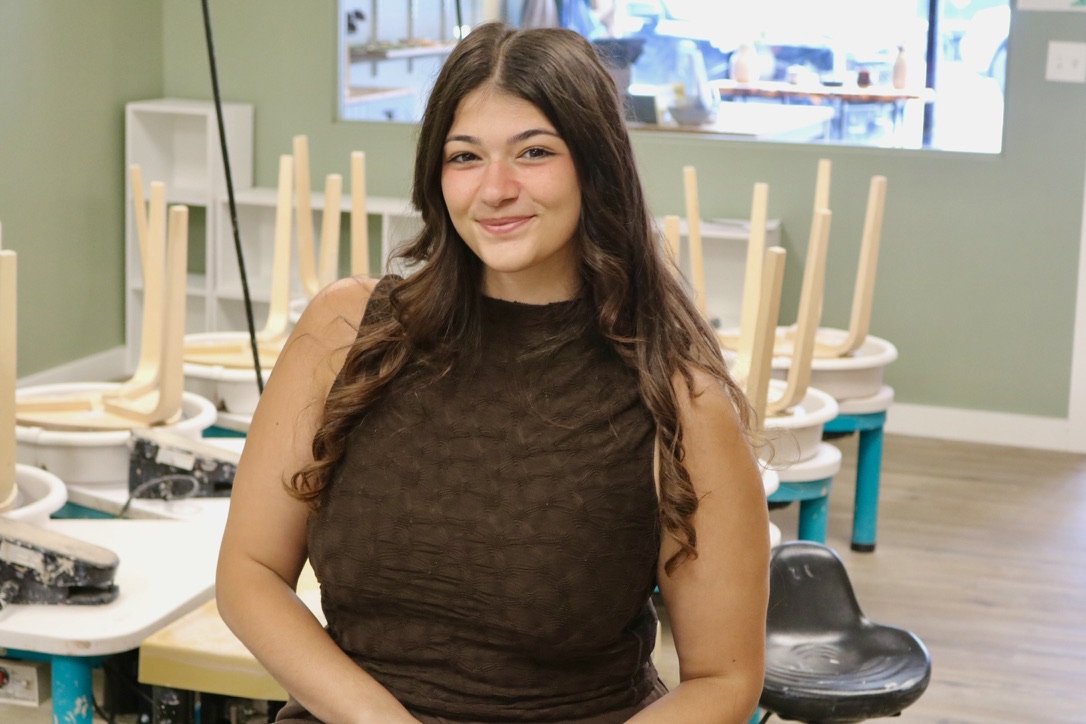We’re excited to introduce you to the always interesting and insightful Becky Morrison Gleed. We hope you’ll enjoy our conversation with Becky below.
Hi Becky , really happy you were able to join us today and we’re looking forward to sharing your story and insights with our readers. Let’s start with the heart of it all – purpose. How did you find your purpose?
1. Fill the gap between need for resources and support of the perinatal & reproductive communities and what’s currently available. To also provide high-quality care. This includes not only individuals but their partners and families.
2. What my practice, Perinatal & Reproductive Wellness Group, currently offers:
a. Perinatal clinicians serving multiple states throughout the United States
b. Trauma-informed yogi with expertise in perinatal issues
c. Perinatal book series
d. Annual retreat for mothers – currently physically in Northern Virginia
e. Beyond the clinical work is my commitment for advocacy in a variety of forms; podcasting, activism in policy reform, blogging, speaking, magazine contributions, and my perinatal book series.
Thanks for sharing that. So, before we get any further into our conversation, can you tell our readers a bit about yourself and what you’re working on?
As many of us know all too well, maternal health in the U.S. is not well protected, at a basic level, which means we often fail to offer support to mothers in the early stages, before a full-blown crisis develops. In the U.S., it’s an ongoing standard to do an “all clear” from OB/GYN. If you’re lucky, an Edinburgh screen will take place at the six-week appointment which can capture postpartum depression but not postpartum anxiety or postpartum-post traumatic stress disorder. If you’re even luckier, the pediatrician might administer one. I, unfortunately, experienced the shortcomings of the maternal health system after experiencing postpartum anxiety with my second daughter. In my search for a perinatal mental health therapist and reproductive psychiatrist, I quickly realized the harsh realities of accessing treatment; high cost, waitlists, and few providers (even in an urban area). In tandem with my personal experience, in my professional setting – psychiatric emergency services – I realized the paucity of emergency psychiatric care for perinatal psychiatric emergencies such as postpartum psychosis and depression. At this point, I chose to fill the clinical gap and started my training toward becoming a certified perinatal mental health professional. At the time, I was one of a handful in the State of New Mexico. From there, I grew my practice, contributed to a gamut of publications, published a perinatal book series, and continue to creatively and passionately serve and bring awareness to this important mission – support for the perinatal and reproductive communities.
Looking back, what do you think were the three qualities, skills, or areas of knowledge that were most impactful in your journey? What advice do you have for folks who are early in their journey in terms of how they can best develop or improve on these?
· Working in the emergency department, allowed for intersection between professional and personal journey
· Empathy for individuals falling within the perinatal period and paucity of quality resources
· Niche training, not only for individuals but for couples and their families.
Alright, so before we go we want to ask you to take a moment to reflect and share what you think you would do if you somehow knew you only had a decade of life left?
As many of us know all too well, maternal health in the U.S. is not well protected, at a basic level, which means we often fail to offer support to mothers in the early stages, before a full-blown crisis develops. In the U.S., it’s an ongoing standard to do an “all clear” from OB/GYN. If you’re lucky, an Edinburgh screen will take place at the six-week appointment which can capture postpartum depression but not postpartum anxiety or postpartum-post traumatic stress disorder. If you’re even luckier, the pediatrician might administer one. I, unfortunately, experienced the shortcomings of the maternal health system after experiencing postpartum anxiety with my second daughter. In my search for a perinatal mental health therapist and reproductive psychiatrist, I quickly realized the harsh realities of accessing treatment; high cost, waitlists, and few providers (even in an urban area). In tandem with my personal experience, in my professional setting – psychiatric emergency services – I realized the paucity of emergency psychiatric care for perinatal psychiatric emergencies such as postpartum psychosis and depression. At this point, I chose to fill the clinical gap and started my training toward becoming a certified perinatal mental health professional. At the time, I was one of a handful in the State of New Mexico. From there, I grew my practice, contributed to a gamut of publications, published a perinatal book series, and continue to creatively and passionately serve and bring awareness to this important mission – support for the perinatal and reproductive communities.
Contact Info:
- Website: www.perinatalreproductivewellness.com
- Instagram: @employedmotherhood
- Linkedin: www.linkedin.com/in/becky-morrison-gleed-991631195







